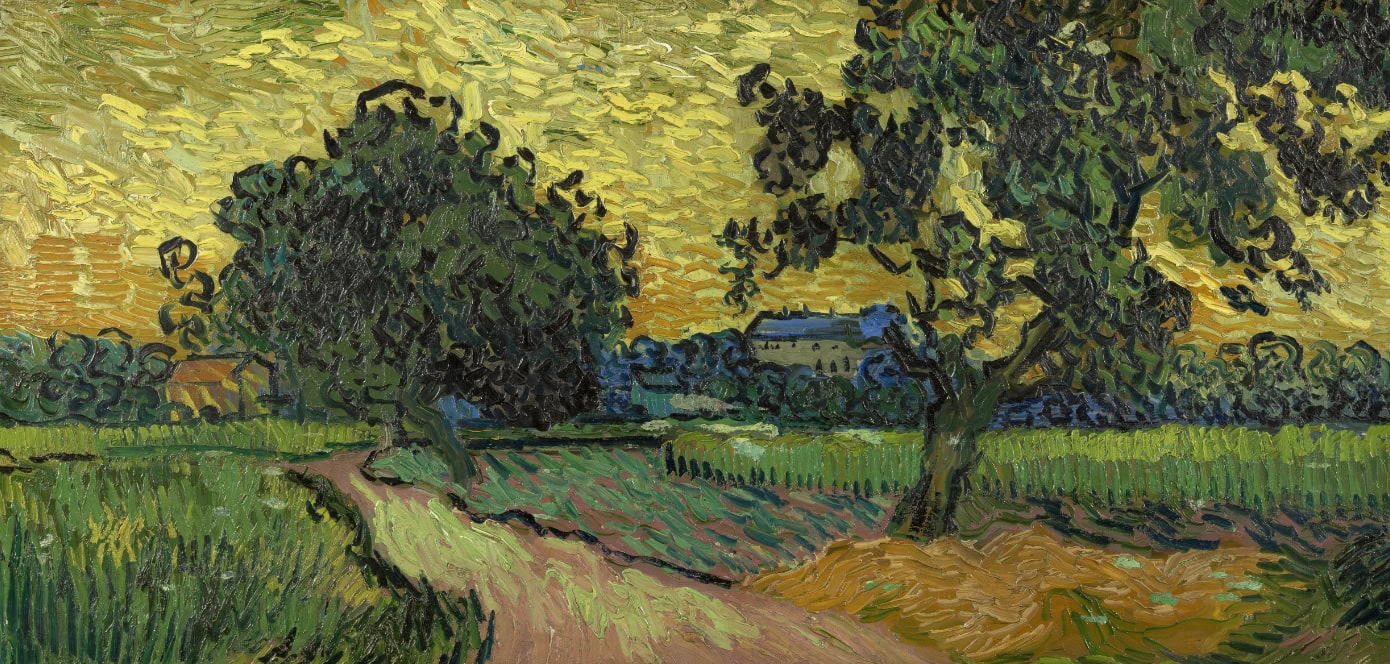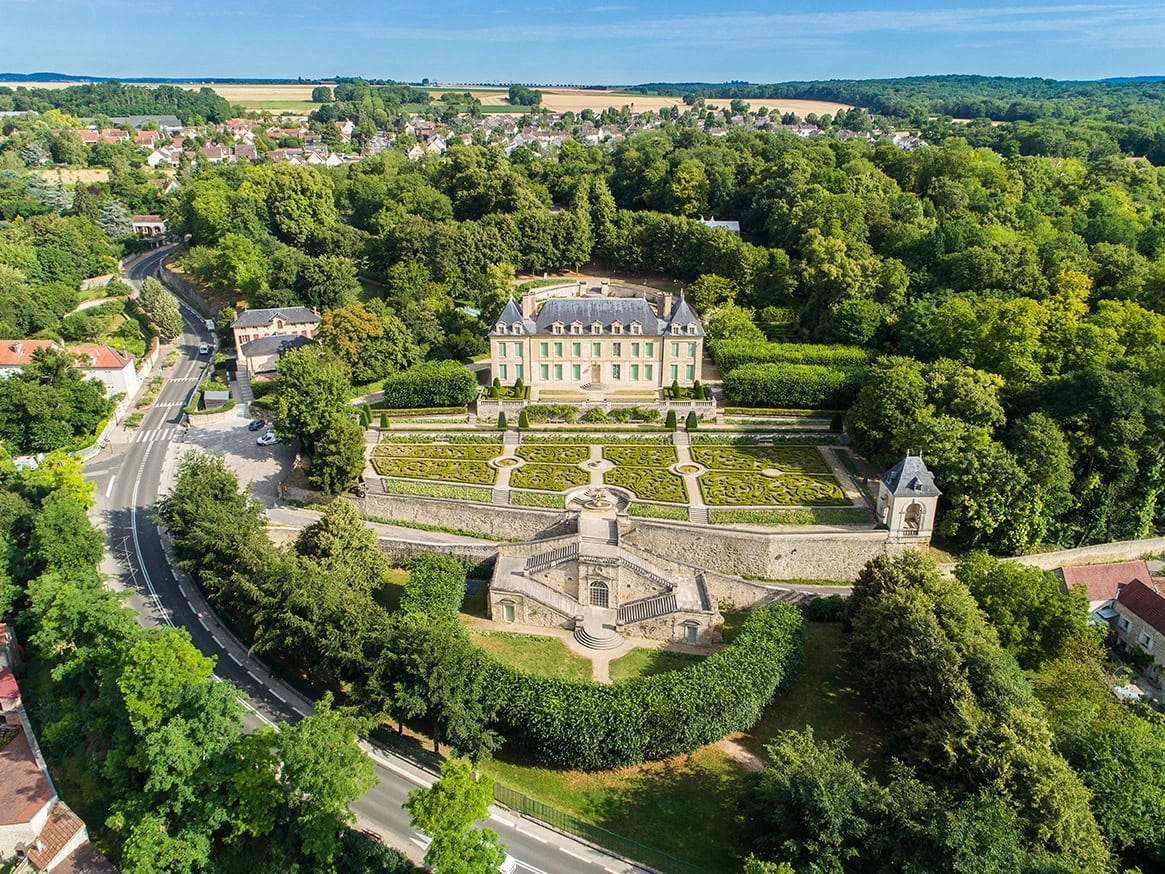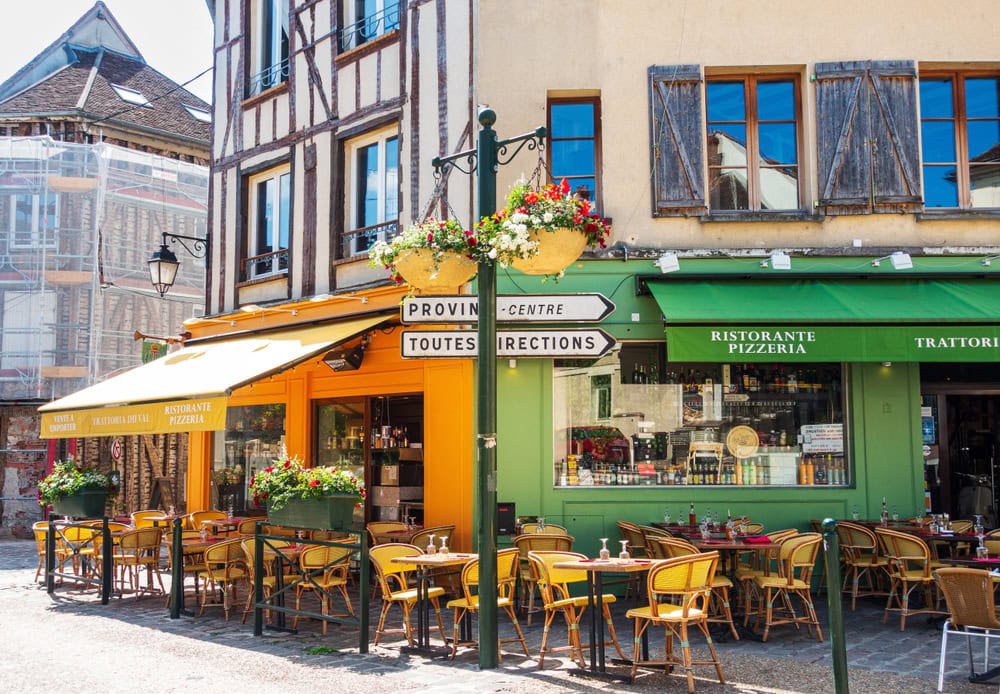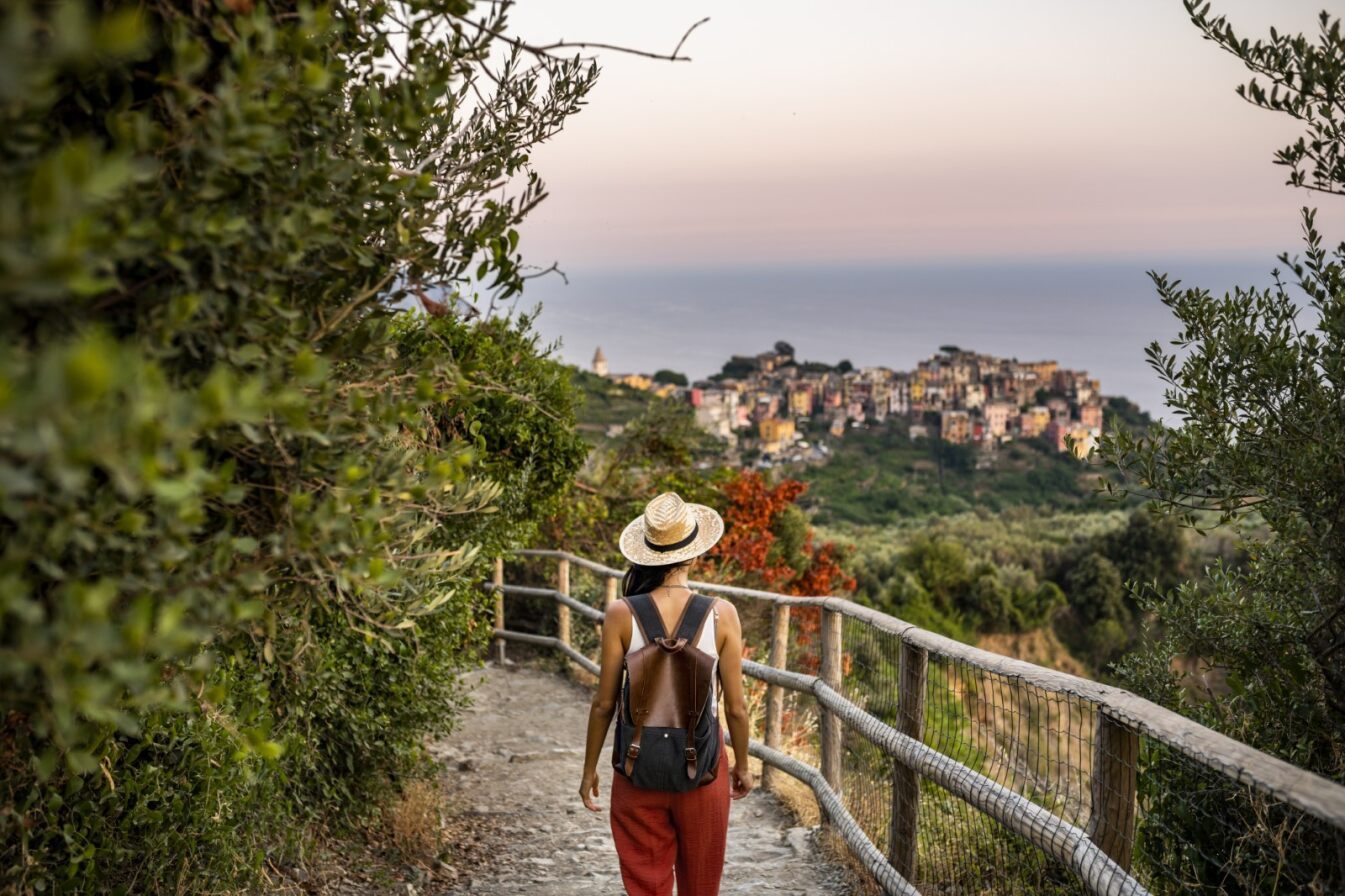
5 February 2024
Slow tourism: rediscovering the beauty of the journey
Are you familiar with the concept of slow tourism? Teritoria invites you to slow down, savour, and rediscover the world at a more peaceful pace. Disconnect from everyday stress and embrace a more mindful approach to travel, one where the destination matters as much as the journey itself.
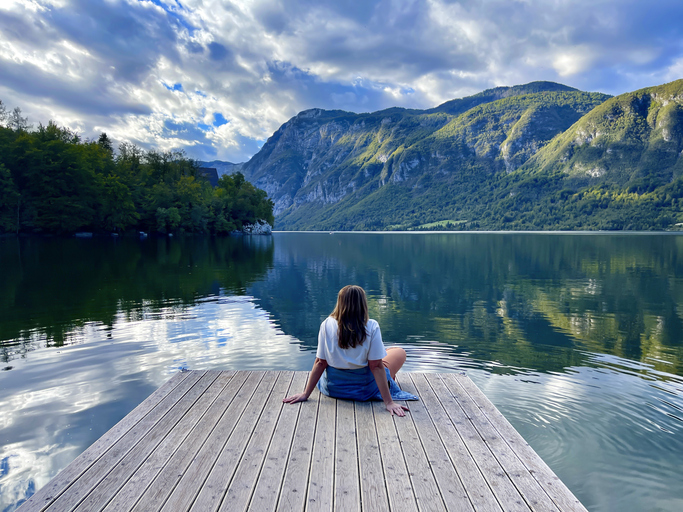
Over the decades, with the democratisation of transport, tourism has changed dramatically, at times becoming a frantic race to tick destinations off a list. Yet in recent years, a new movement has emerged, offering a more relaxed and authentic alternative: slow tourism. In this article, we explore the concept and principles of slow tourism, and suggest destinations in France and Italy where you can rediscover the beauty of travel at a more leisurely pace.
What is slow tourism?
Slow tourism is a response to mass tourism and the frenzy that often surrounds modern travel. As a branch of responsible tourism, it emphasises the pleasure of travelling slowly, taking time to appreciate each moment, each place, and each culture. It prioritises quality over quantity, promoting values such as sustainability and respect for the environment and local communities.
Slowness is one of the defining features of slow tourism. It means taking the time to fully immerse yourself in a destination, engage in authentic experiences, and create lasting memories. This approach also helps reduce the carbon footprint of travel by avoiding rapid movement from one place to another.
This is one of the cornerstones of Teritoria, which aims to put people and places back at the heart of travel, away from the crowds, and focused on creating lasting memories. Every hotelier and restaurateur in our guide shares their own story, a commitment to authenticity and hospitality that makes each experience truly unique.
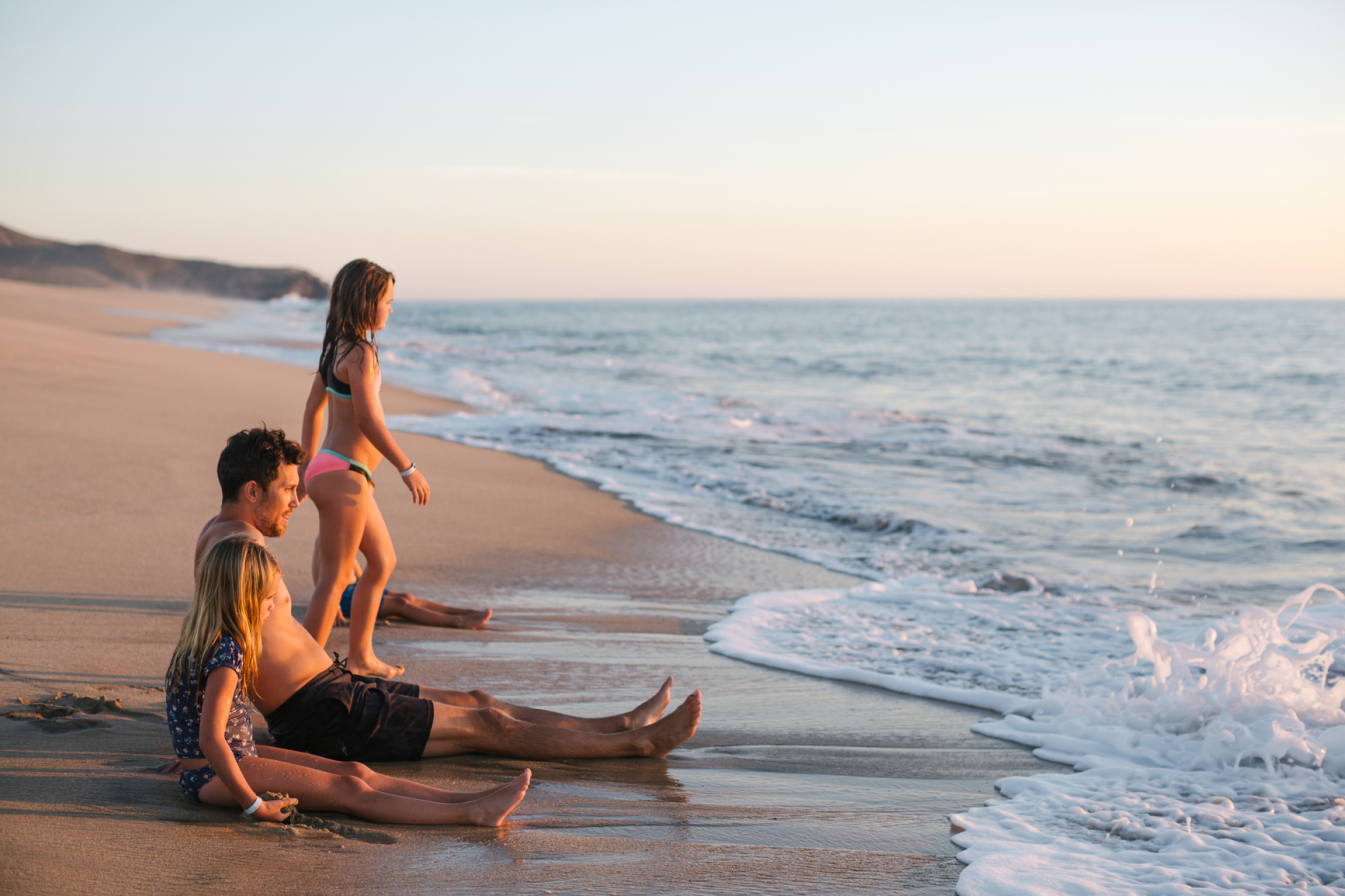
The principles of slow tourism

Slow tourism is based on several fundamental principles:
Take your time: instead of rushing to see as many places as possible in a short span, travellers give themselves the freedom to linger, explore at their own pace, and soak up the local culture.
Focus on authenticity: travellers seek genuine experiences, want to meet local people, and take part in activities that reflect the true essence of a destination. Choosing establishments with strong local roots is also a way to encourage connection, sharing, and openness to others. Teritoria’s hoteliers and restaurateurs embody the identity of their communities and are committed to sustainable hospitality.
Supporting the local economy: Slow tourism encourages the consumption of local products and services, helping to sustain the economies of the communities visited. The properties selected by Teritoria share these values of authenticity and exchange. For example, our restaurants all offer a selection of seasonal, locally sourced products.
Respecting the environment: on a slow journey, travellers adopt environmentally friendly practices, reducing waste, choosing sustainable transport options like trains or carpooling, and staying in eco-friendly accommodation. Teritoria’s community houses, for example, are committed to calculating their carbon footprint using the Clorofil calculator by 2024.
Disconnecting from technology: a slow journey offers the chance to step away from electronic devices, encouraging more human interaction and a deeper connection with nature.
Slow tourism destinations in France
Rather than rushing across the country, why not explore a single region in depth and at a leisurely pace? With its extraordinary landscapes and unrivalled quality of life, France is full of ideal destinations for slow tourism. Here are a few examples:
Provence :
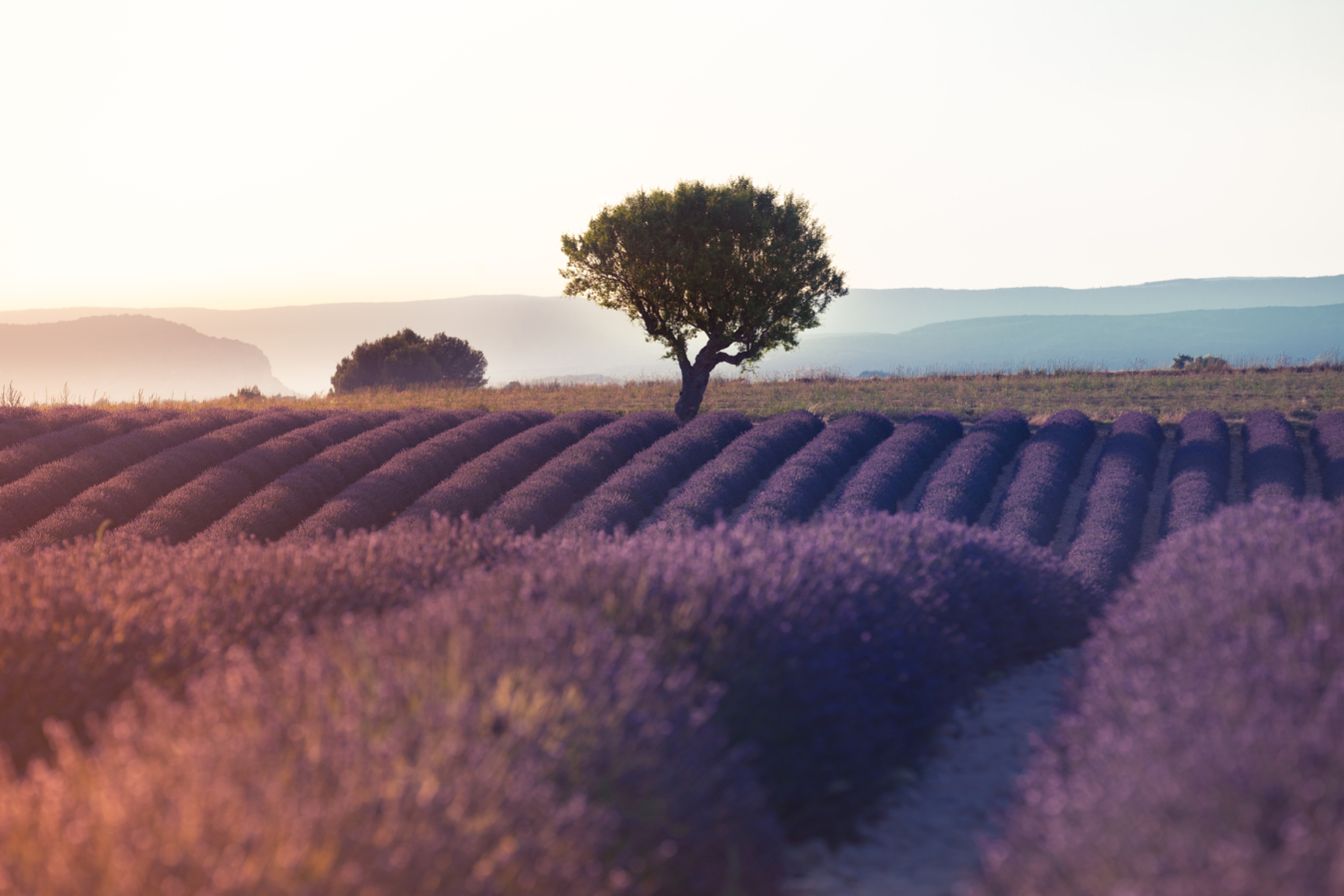
The Provence region, with its magnificent lavender fields, picturesque villages, and rich cuisine, offers an authentic slow tourism experience.
Brittany:
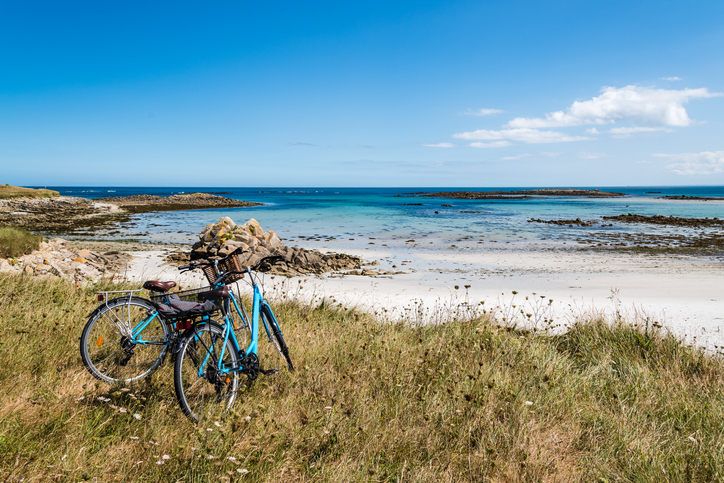
Brittany’s wild coastline, small fishing ports, and rich Celtic culture invite you to explore at a leisurely pace.
The Dordogne :
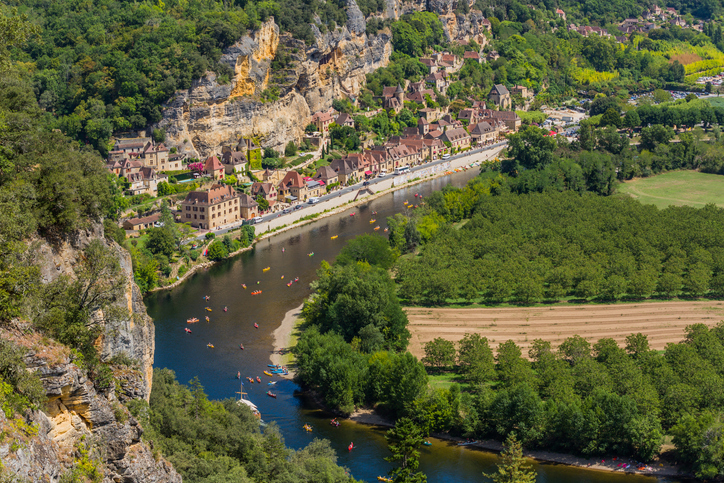
The Dordogne Valley is a peaceful haven, with its castles, prehistoric caves and local cuisine.
The Camargue :
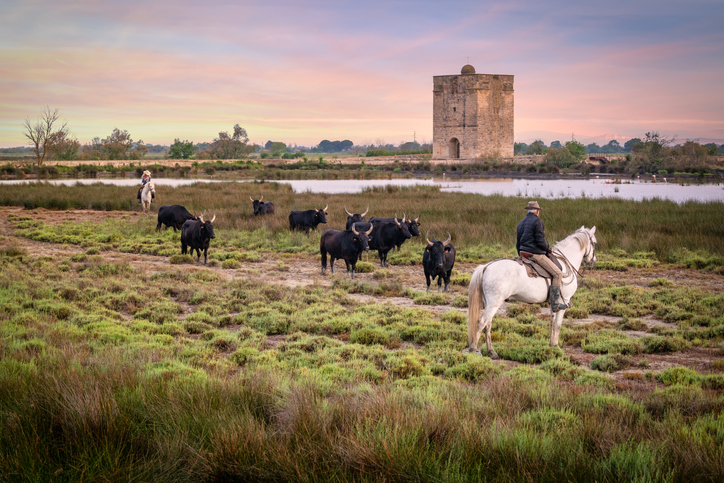
This nature reserve, unique in France, is a favourite among nature lovers, with its marshes, wild horses, and flamingos.
The Alps:
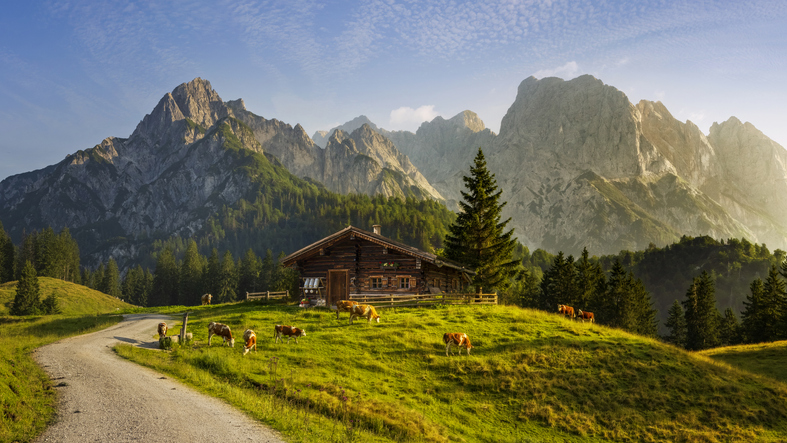
For mountain lovers, the Alps offer breathtaking landscapes and outdoor activities in every season.
Slow tourism destinations in Italy
Italy is another gem for slow tourism enthusiasts, with its rich history, renowned cuisine, and diverse landscapes. Here are a few destinations to consider:
Tuscany:
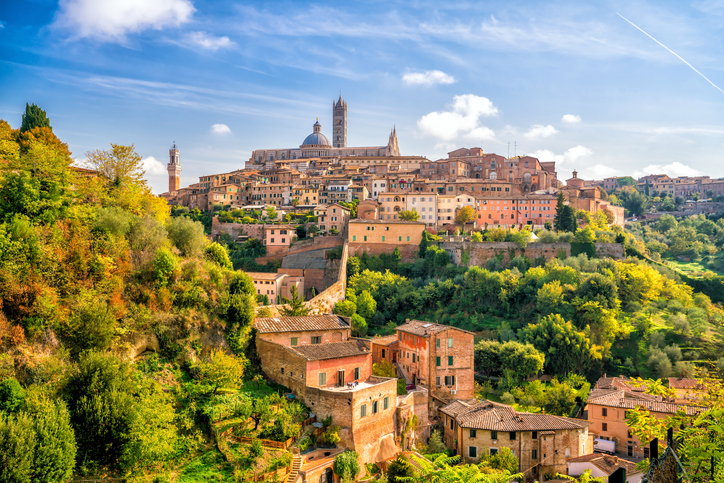
The rolling hills of Tuscany, its vineyards, medieval villages, and Renaissance art make it a prime destination for slow tourism.
Sicily:
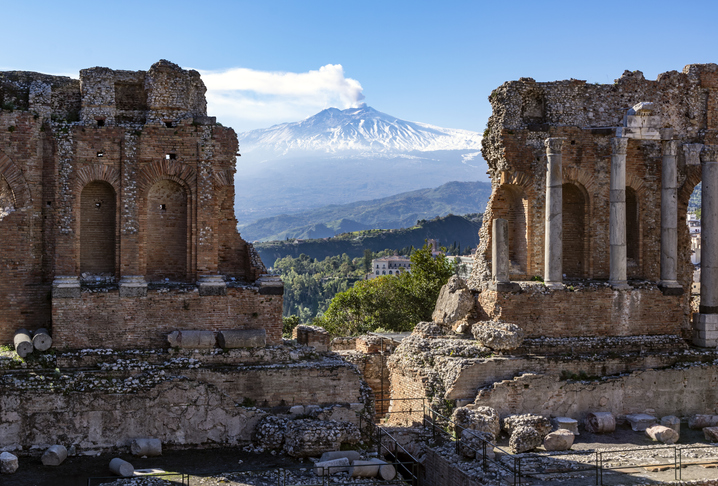
The island of Sicily, with its delicious cuisine, stunning beaches, and fascinating archaeological sites, is perfect for a slow, immersive experience.
Liguria:
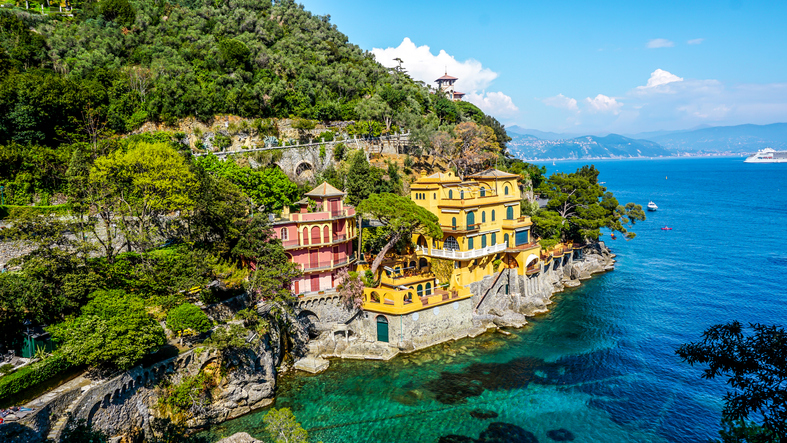
Also known as the Ligurian Riviera, this area boasts a stunning coastline and exceptional cycling routes, from Ospedaletti to Sanremo and San Lorenzo al Mare, making it a prime destination for cycling enthusiasts.
Puglia:
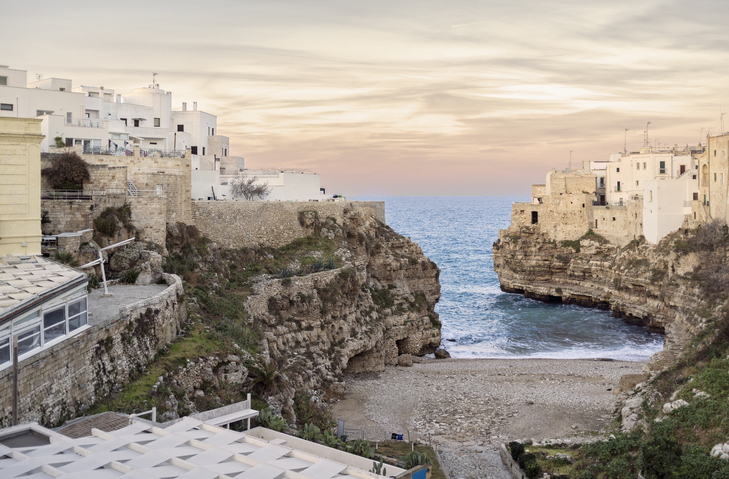
This region in southern Italy is known for its pristine beaches, whitewashed villages, and authentic Mediterranean cuisine.
Sardinia:
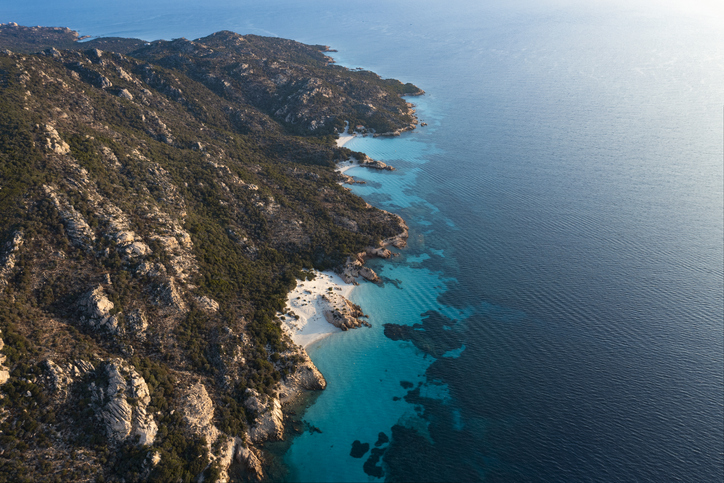
The island of Sardinia, with its white sandy beaches, rugged mountains, and unique culture, is an ideal destination for slow tourism.
Conclusion
By embracing the principles of slow tourism, you can enjoy a more meaningful travel experience, taking the time to connect with your destination, meet locals, and create lasting memories. Whether in France or Italy, both countries offer a wealth of beautiful places where you can rediscover the joy of travel at a more leisurely pace. So let yourself be carried away by slow tourism, and explore these dream destinations for an unforgettable, authentic, and sustainable journey.
Stay up to date and receive our latest articles and suggestions for your next trips by signing up for our newsletter.
To offer your loved ones a responsible trip, visit our gift shop.
